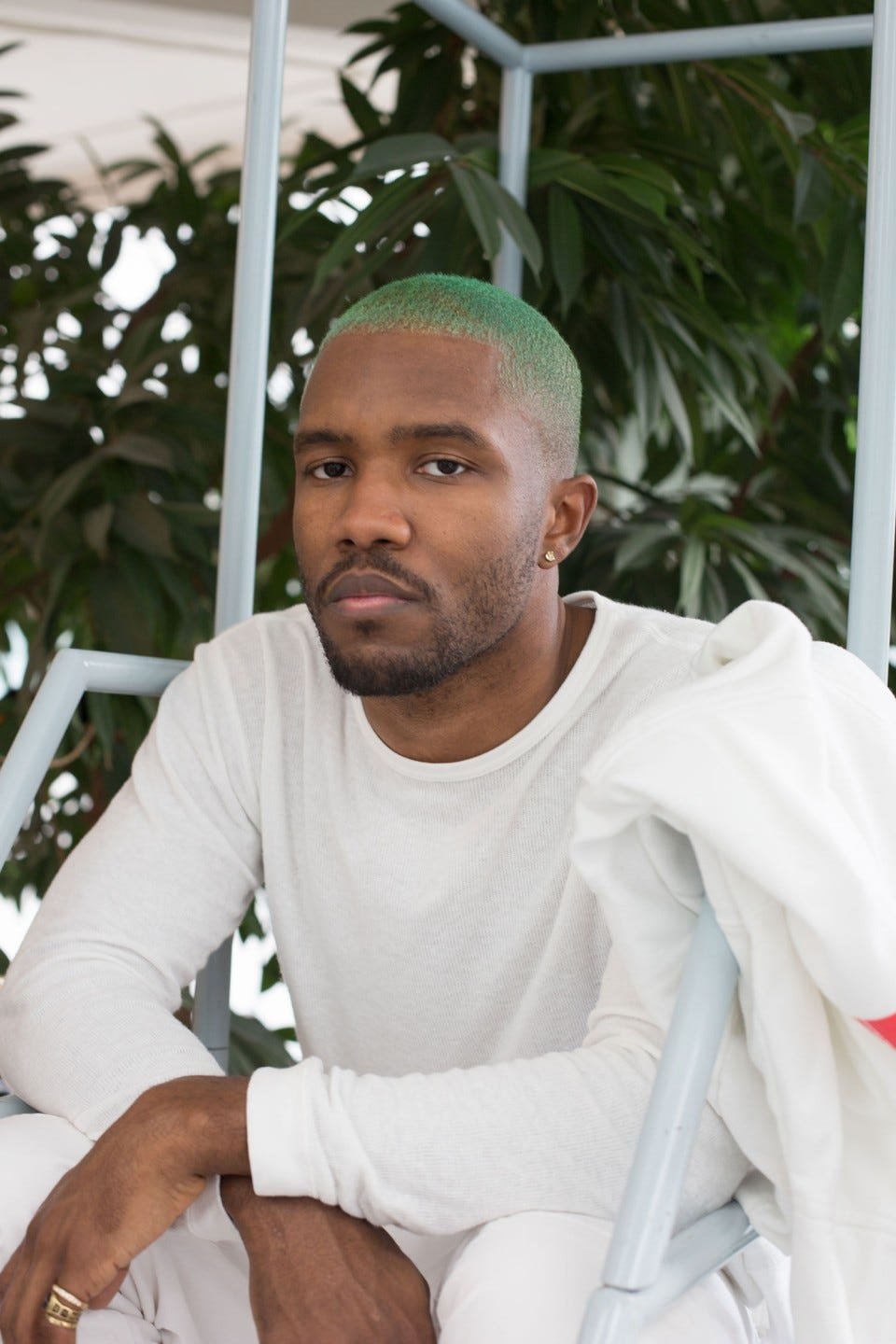The Brilliance of Blond: Why Frank Ocean’s Masterpiece Is One of the Greatest Albums of All Time
One of the Greatest Albums of all Time. Yeah, I said it. We live in a world where music trends often burn fast and fade faster, few albums have captured the collective imagination and held onto it as tightly as Frank Ocean’s Blond. Released on August 20, 2016, I can tell you exactly where I was and who I was with. Blond isn’t just an album, it’s a transcendent piece of art that defies genre, expectations, and time. From its deeply personal themes to its unorthodox production, this record continues to resonate with listeners in a way few albums ever manage. For those of us who’ve lived with this album as a soundtrack to heartbreak, growth, and self-discovery, Blond is more than music. It’s a mirror, a friend, and a moment frozen in time.
Unlike its predecessor Channel Orange, which boasted polished production and pretty good beats, Blond strips away the excess to lay bare Ocean’s emotions. This minimalism is its greatest strength. The songs often feel sparse and fragile, yet they carry an incredible weight. Tracks like “Nikes” and “Nights” pair atmospheric instrumentals with Ocean’s raw, unfiltered falsetto, creating a listening experience that feels as intimate as reading someone’s diary.
Ocean’s voice is its own instrument, oscillating between warmth and distance, leaving listeners hanging on every syllable. There’s a vulnerability here that’s both relatable and aspirational. Blond reminds us that it’s okay to sit with our feelings, even the uncomfortable ones.
What we have here is a masterclass in storytelling. Blond is not a collection of songs; it’s a cohesive narrative. Ocean tells stories of love, loss, identity, and nostalgia with poetic lyricism that invites endless interpretation. Let’s take “Nights” for example. What we have here is a masterful exploration of emotional evolution, encapsulating the highs and lows of life within its dynamic structure. The song unfolds in two distinct but interconnected parts, each representing different phases of a night, both literally and metaphorically. The first half is a hazy, introspective rumination, where Ocean delves into the complexities of identity, longing, and the disillusionment that often accompanies self-realization. His voice, soft yet intense, carries the weight of vulnerability, allowing the listener to feel the conflict within his soul. The abrupt switch in production, as the song transitions into the second half, feels almost like a jolt of awakening—an electric shift from melancholy to a more liberated, even triumphant energy. The use of chopped-up vocals and stuttering beats mirrors the fragmented nature of life itself, while the lyrics embody a resilient pursuit of growth and freedom. It is just SO GOOD. Nights hits deeply with listeners, long after the song ends.
The production on Blond rewrote the rules of what modern R&B could be. There are no booming drums or club-ready hooks here. Instead, Ocean and his collaborators, spanning legends like Pharrell Williams and contemporary geniuses like Jon Brion, crafted a soundscape that feels airy and unbound.
What truly cements Blond as one of the greatest albums of all time is its cultural impact. This isn’t just a record for the music connoisseurs; it’s a shared touchstone for a generation. Let’s take the vinyl record, it retails for almost $200. That’s insane. Blond has become a universal language for expressing what it means to be human in the 21st century.
Ocean also redefined what it means to be an artist. I love this part! Ocean straight up rejected industry norms. He released Blond independently after fulfilling his contract with Def Jam. Ocean solidified his place as a trailblazer who prioritizes art over commerce.
Frank Ocean didn’t just create an album with Blond, he created a universe. It’s a body of work that demands to be revisited, reinterpreted, and relived. For those of us lucky enough to have Blond as part of our lives, it’s not just one of the greatest albums of all time. It’s a reminder of the power of music to heal, challenge, and connect us to ourselves and each other.





